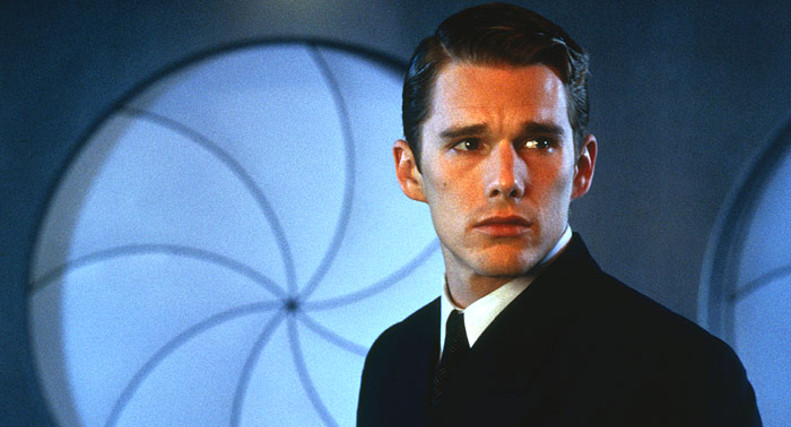
HBO’s Westworld proved to be an instant favorite among science fiction fans, and thanks to the immense budget and creatively untraditional storytelling, the series became one of the reasons that many refer to the current moment as “Peak TV.” Based on the 1973 classic from Michael Crichton, the series was adapted by Jonathan Nolan, one of the minds behind such films as Memento, Interstellar, The Prestige, and The Dark Knight. Like his brother, Jonathan Nolan has a means of approaching genre material with depth and an ability to surprise the audience.
Part of the reason Westworld is so successful is that the serialized nature allows it to develop its themes, characters, and world over an extended period of time. It’s worth commending, but it’s also a show that is heavily influenced by films that deal with artificial intelligence, technological terror, the search for a creator, and futurism. Here are ten great films that fans of Westworld should check out.
10. Knowing
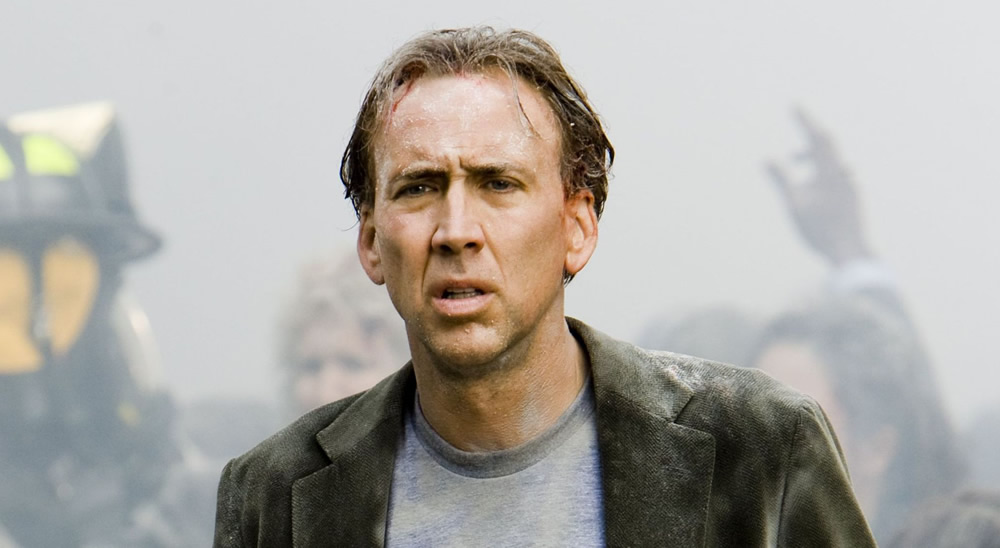
One of the primary themes of Westworld is that of destiny, and whether mankind’s knowledge of their own creator impacts their fate. Among the chief praises that Westworld has received is for its tightly wound, methodical plotting, and another science fiction project that does that is Alex Proyas’s highly underrated gem Knowing. The film wrestles with humankind’s date with destiny by showing the struggle of one man, whose family history is intertwined with a series of disasters that feel preordained.
Nicolas Cage stars as Professor John Koestler, a MIT professor whose life has been transformed by his wife’s death and odd premonitions that seemingly predict tragic events. Like the search for “The Maze” in Westworld, Koestler’s search for meaning in the madness starts off as a gradual discovery, but becomes an all-encompassing quest. Cage’s mannerisms fit this quirky character well, and Proyas once again proves to be a unique visual stylist with his idiosyncratic dream sequences and gripping surrealist moments.
9. The Running Man
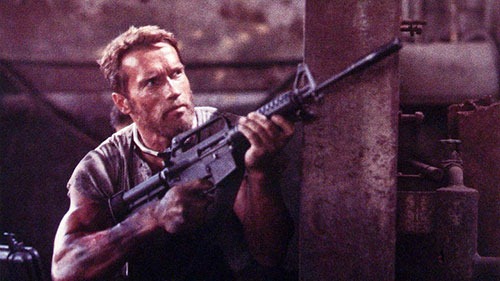
Although it’s easy to dismiss The Running Man as another generic dystopian action romp, the 1987 action thriller actually deals with fairly fascinating philosophical ideas that in many ways predate conversations of today regarding the media’s role in permeating violence. In addition to exploring the power of the oppressive state and criticizing the criminal justice system, The Running Man explores how violence can be a form of popular entertainment. Like Westworld, in which park goers get to live out their violent desires through their interactions with robotic hosts, the audiences in The Running Man are fully engaged in a futuristic game show that pits convicted criminals through dangerous tasks.
Ben Richards (Arnold Schwarzenegger) is a cop falsely accused of murdering innocents after he discovers the totalitarian government’s plot to suppress a resistance movement. As Richards is placed as a contestant in the game, he first becomes villainized by the public. As he succeeds through multiple levels of the game, Richards is able to challenge the public’s perspective and get them on his side, forever questioning how the media frames who is a hero and who is a villain. The themes of archetypal roles and inherent bloodlust are pertinent to Westworld.
8. Total Recall
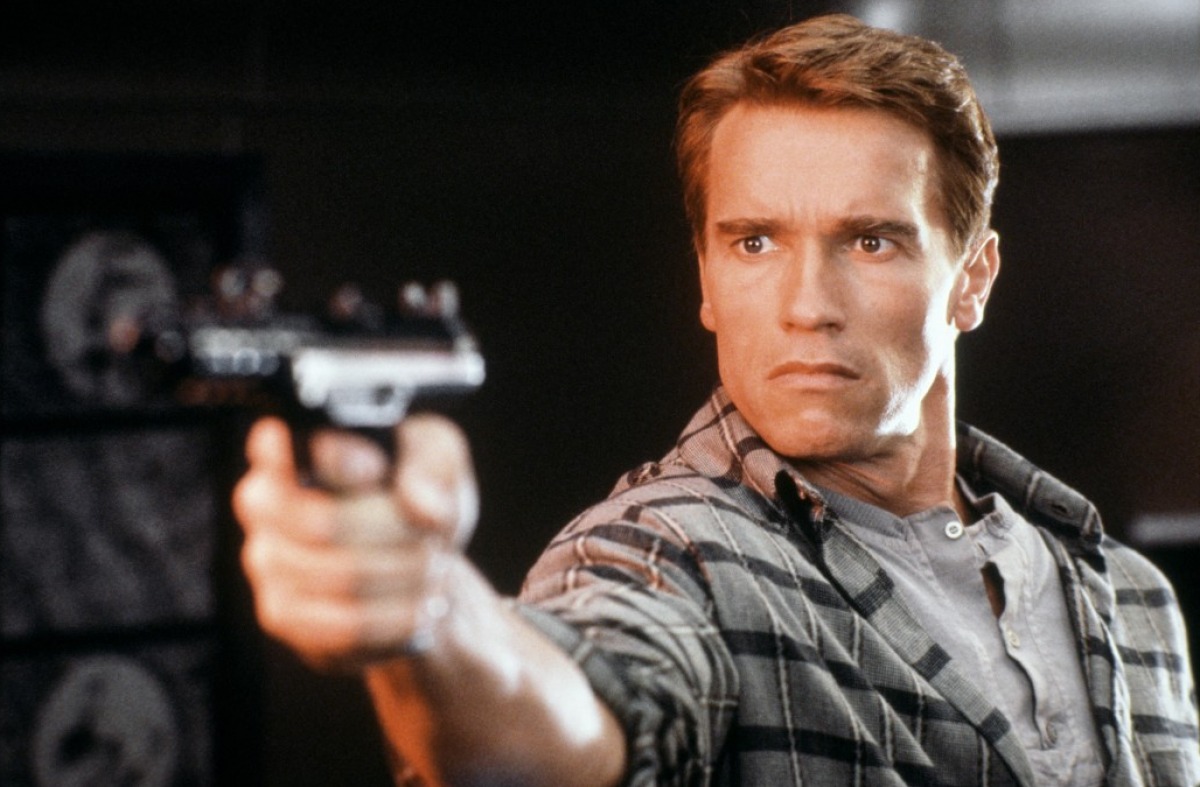
One of the most iconic lines from the first season of Westworld is “Have you ever questioned the nature of your reality?”, and of all the films that deal with reality and consciousness, Total Recall is among the best. Based on a Phillip K. Dick short story, the film follows construction worker Dennis Quaid (Arnold Schwarzenegger), who is infatuated with dreams that he lives on Mars and is a secret agent. Quaid is told that his memories are faked, and he embarks on a thrilling adventure to find out what is real and what isn’t.
Dream sequences are a core aspect of Westworld, as characters are often forced to confront their own subjective version of reality and question whether things occurred in the same way that they remembered them. Total Recall has a similar hook, as Quaid is constantly second guessing what aspects of his memory he can trust, and the film leaves many of these questions ambiguous by the end. Ultimately, both Total Recall and Westworld concur that self-empowerment can come through personal enlightenment.
7. Gattaca
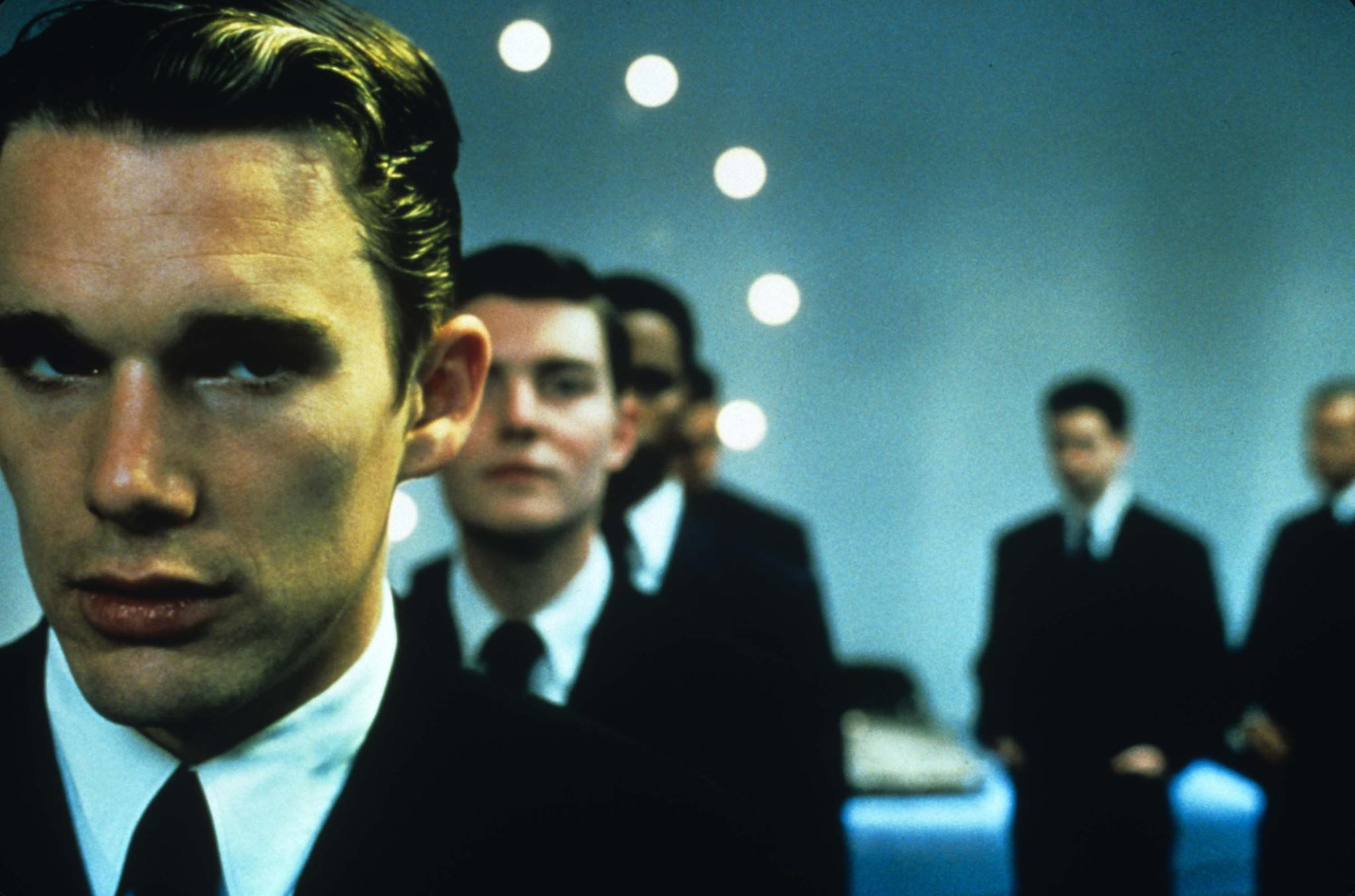
Andrew Niccol’s landmark science fiction debut was a conversation starter when it debuted in 1997, and it still provokes interesting questions today. In a future where genetic selection determines societal roles, aspiring astronaut Vincent Freeman (Ethan Hawke) tries to realize his dreams of going to space by taking on the identity of Jerome Eugene Morrow (Jude Law). As he faces discrimination and evades government forces, Freeman tries to break out of the role that society has seemingly determined for him.
Like the hosts in Westworld, Freeman faces an upward battle becomes of the way in which he was conceived; he is treated differently because of elements he can’t control, and he must survive in a society that doesn’t value him. Both Westworld and Gattaca consider the price people will pay to have free will, and use science fiction storytelling to show the struggle between the haves and the have nots. Like Westworld, Gattaca is a mirror to today’s culture that is both cautionary and critical.
6. Ex Machina
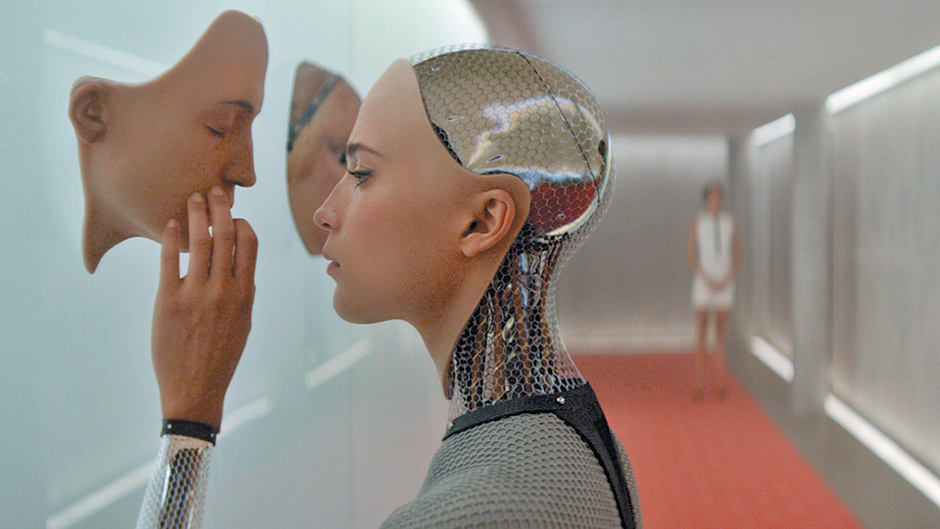
Westworld is perhaps best known for its depiction of artificial intelligence; what constitutes humanity, and can synthetic intelligence programs transcend their initial purpose and attain independent consciousness? One of the reasons Westworld handles these questions so well is that it builds genuine empathy for the robotic hosts, and blurs the line between humans and their creations through shocking twists. One of the best recent films to tackle artificial intelligence is Alex Garland’s breakthrough film Ex Machina, a film that realizes the Turing Test of testing a computer’s consciousness by introducing a human element.
Caleb (Domhnall Gleeson) is a programmer who is invited for an extended stay at the mansion of his idiosyncratic employer Nathan (Oscar Isaac), who has designed a humanoid artificial intelligence named Ava (Alicia Vikander). The film works brilliantly to build tension between these three characters, and as Caleb develops empathy for Ava, she grows to question her purpose and the reason for her existence. These existential questions are handled in a provocative and entertaining way, and will certainly appeal to fans of Westworld’s underlying philosophy.